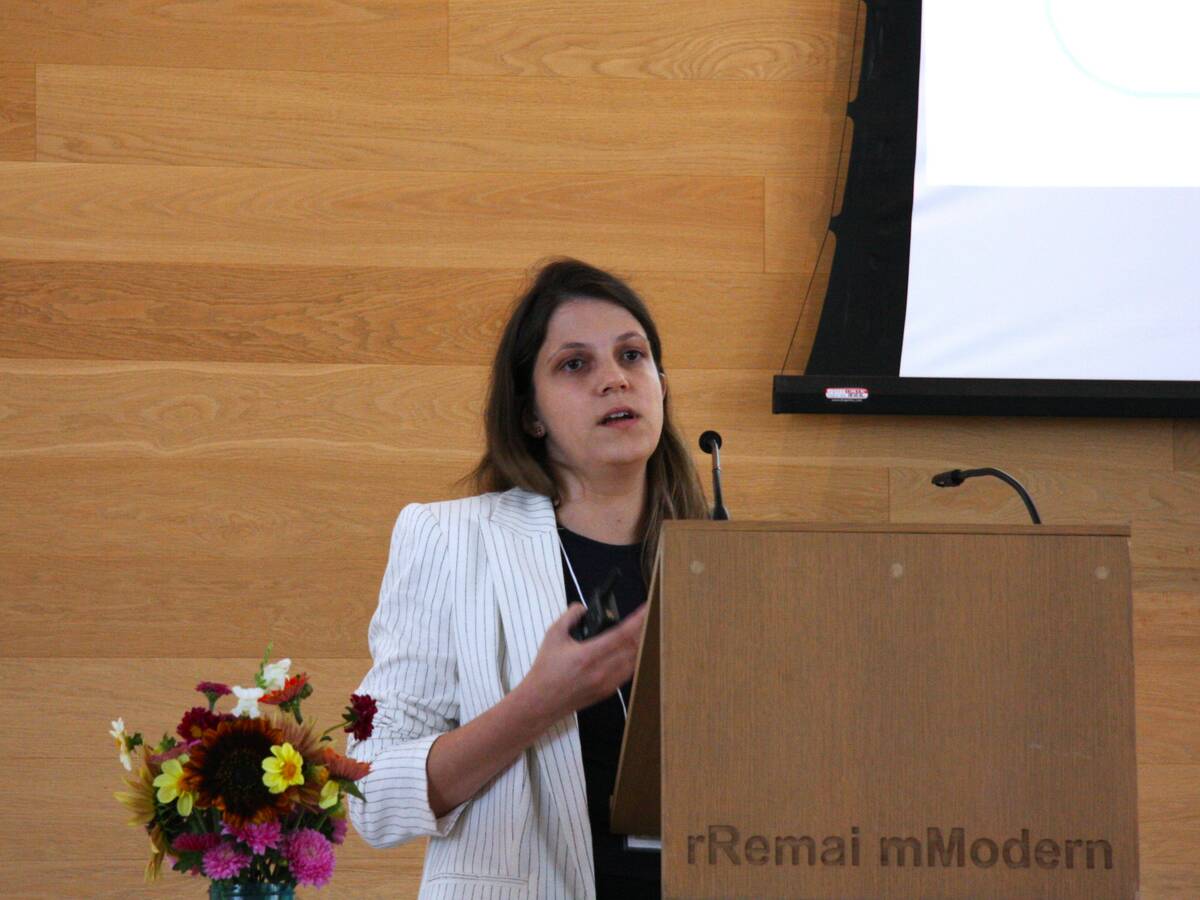Manitoba sees organic farming as a way to reduce greenhouse gas emissions in the province.
The provincial government has allocated $100,000 over the next two years to help farmers willing to make the transition to certified organic status.
“We know that there is an interest in boosting organic production, and we know that there is a cost involved as well,” said agriculture minister Rosann Wowchuk.
The announcement, timed to coincide with Earth Day April 22, is part of the province’s plan to meet its Kyoto Protocol commitments by 2012, ahead of further cuts planned by 2020 and 2025.
Read Also

Fusarium head blight mycotoxin detector in the works
A PhD student at the University of Saskatchewan has been working on developing a method of detecting fusarium damaged kernels to ease the struggles of producers, agronomists and industry.
The specifics of the Manitoba Organics Transition Program haven’t been worked out, but Wowchuk said producers would be able to apply for grants to help defray some of the costs of certification during the typically three-year transition process.
“Traditionally, there’s a bit of downturn in production until you get your certification and practices in place,” she said.
Organic production typically involves more tillage than conventional practices, but Wowchuk said benefits include improved soil health and reduced fossil fuel-based inputs.
As well, Wowchuk said the same consumers who are interested in local food also tend to favour organic produce. As a result, the province will spend $25,000 to help farmers sell their food to consumers.
“There is a huge, growing demand for organic production, but organic products are coming from California, in many cases. If we could produce those products closer to home, we could reduce a lot of transportation costs,” she said.
“We are very interested in getting more Manitoba products into grocery stores and getting greenhouses and market gardening started in our remote and northern communities.”
Mary Ann Nylen, past-president of the Organic Producers of Manitoba (OPAM), said the province’s commitment to help with the roughly $1,200 cost of a three-year certification process is encouraging and could lead to more farmers taking the plunge, especially as input costs increase.
“I’m hoping that it will encourage conventional producers who have thought about organic to certify now,” Nylen said.
“I’m also hoping that conventional producers who have never thought about it might see this as an opportunity to convert to organics, get their land off chemicals and reduce the input costs that they’ve got now.”
Large-scale producers already belong to OPAM, but Nylen said new members from this category could help move organic farming into the mainstream.
“I’d like to see more big people come on board because all of their neighbours watch. If they can be successful, it would encourage more of their neighbours to at least consider it.”
As well, Manitoba Agriculture’s newly revised Soil Management Guide will contain a new chapter on greenhouse gases in agriculture and how land can be managed to increase soil carbon, called carbon sequestration, thereby reducing agricultural emissions.














